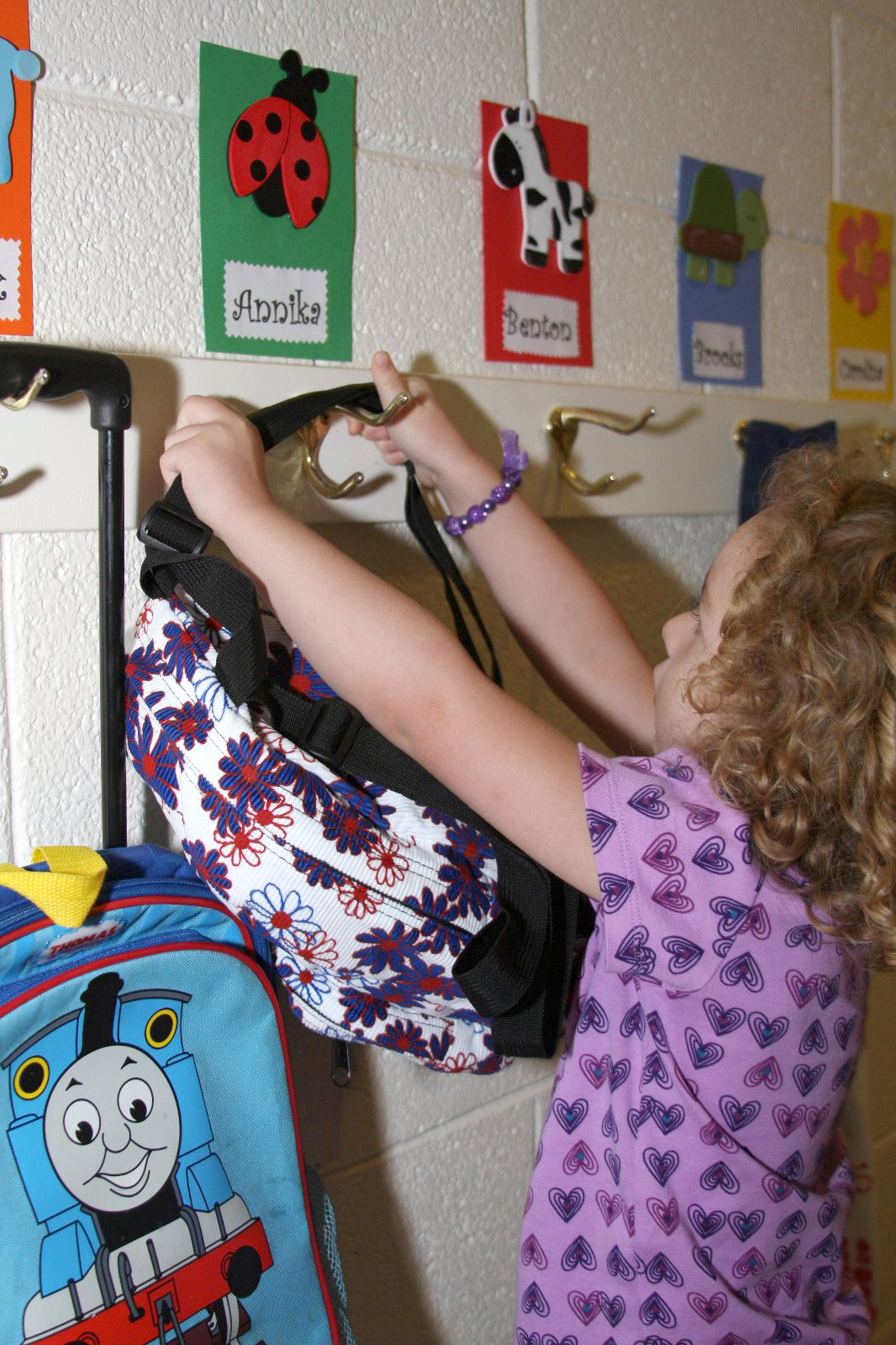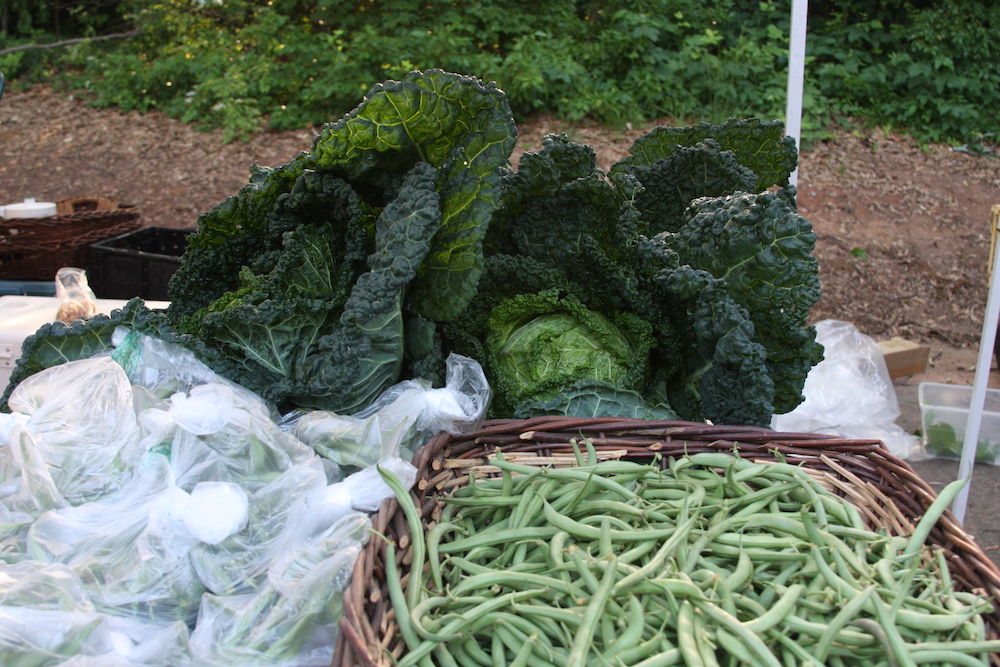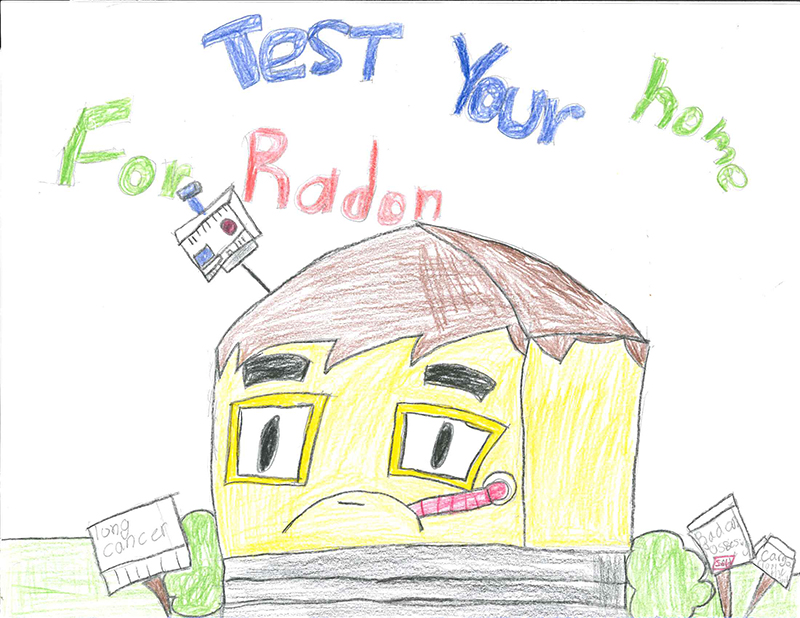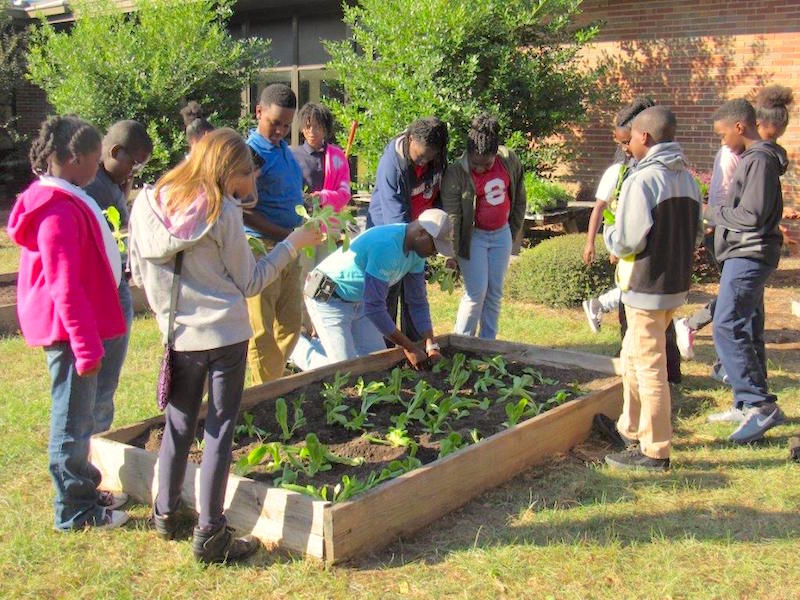Bedtimes can make a difference in children's mood and ability at school
Between after-school activities, homework and other obligations, kids have a lot of competition for the time they should devote to sleep.
Many kids — and adults, for that matter — don’t get enough sleep. On average, high school students need between seven and 11 hours of sleep. For younger kids, even more time is needed: 12 hours for school-age kids, 13 hours for preschoolers and close to 14 hours for toddlers.







